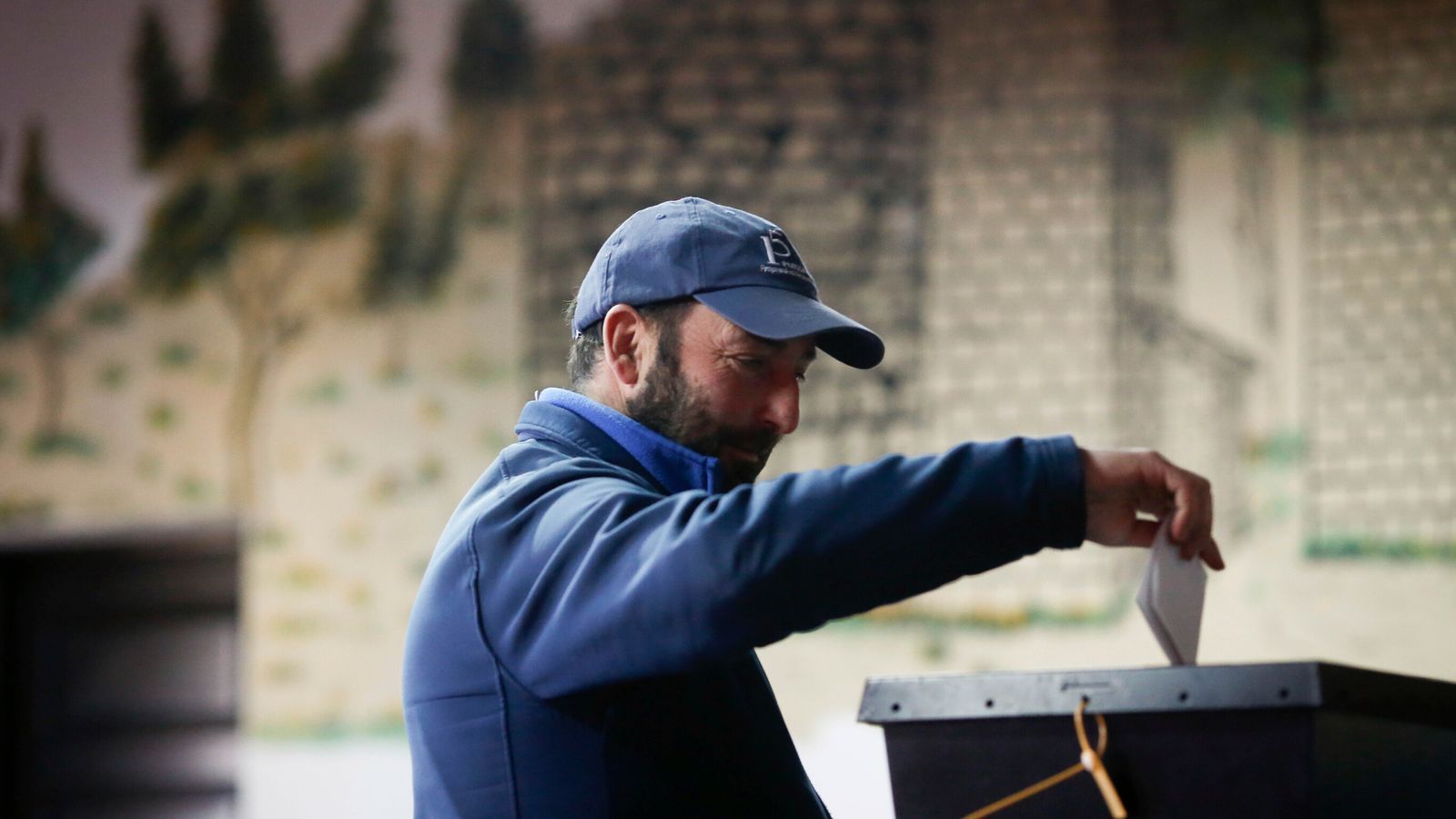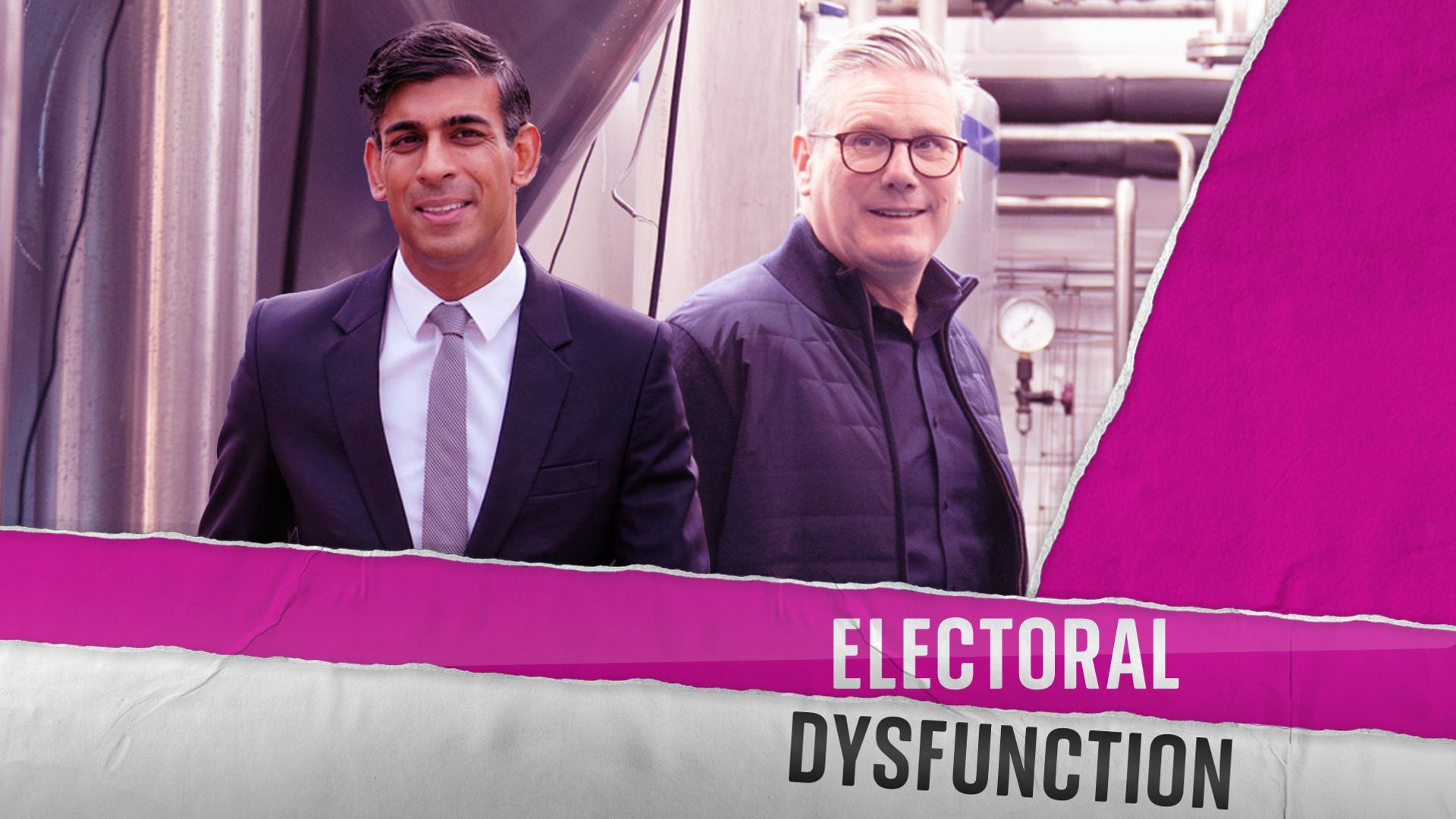Portugal’s political future rests on a knife edge after the country’s centre-left and centre-right parties ended up neck and neck in a parliamentary election.
The centre-right Social Democrat-led Democratic Alliance won 79 seats in the 230-seat National Assembly, while the centre-left Socialist Party, which has been in power for the last eight years, got 77 seats.
All votes in Portugal have been counted but the deciding votes will come from voters abroad, who will decide how the last four parliamentary seats are distributed. The count could take more than two weeks.
The far-right Chega (Enough) party saw an unprecedented surge in votes to come third with 48 seats, in a further example of a drift to the right in many of the European Union’s democracies.
The election saw turnout rise to 66%, the highest in Portugal for years.
The Social Democrats and Socialists have alternated in power for years, but this is the first time they have come up against such a strong challenge from the hard right.
Chega’s support could make the party, which is just five years old, a kingmaker. The Social Democrats may only be able to form a functioning government with some sort of far-right support.
“One thing is for sure tonight, the two-party system in Portugal is finished,” said Chega leader Andre Ventura, adding that his party “stands ready to be part of a government”.
But Social Democrat leader Luis Montenegro, who would likely become prime minister if his alliance wins, said he would keep his campaign promise to shut out Chega and refuse to negotiate power-sharing with the populists.
He said he expected to form a government on his own.
Mr Ventura, a former law professor and television football pundit, has said he is prepared to drop some of his party’s most controversial proposals – such as chemical castration for some sex offenders and the introduction of life prison sentences – if it allows his party to be included in a possible governing alliance with other right-of-centre parties.
Read more:
Fireworks ignited and eggs thrown as Holocaust museum opens
Eight children die after eating sea turtle meat
Zelenskyy dismisses Pope’s call for Ukraine to negotiate
Be the first to get Breaking News
Install the Sky News app for free
Meanwhile, Socialist leader Pedro Nuno Santos is promising change with what he vaguely calls “a fresh boost”.
The early election was triggered by corruption scandals after former Socialist leader Antonio Costa resigned as prime minister in November after eight years amid a corruption investigation involving his chief of staff, although Mr Costa himself has not been accused of any crime.






